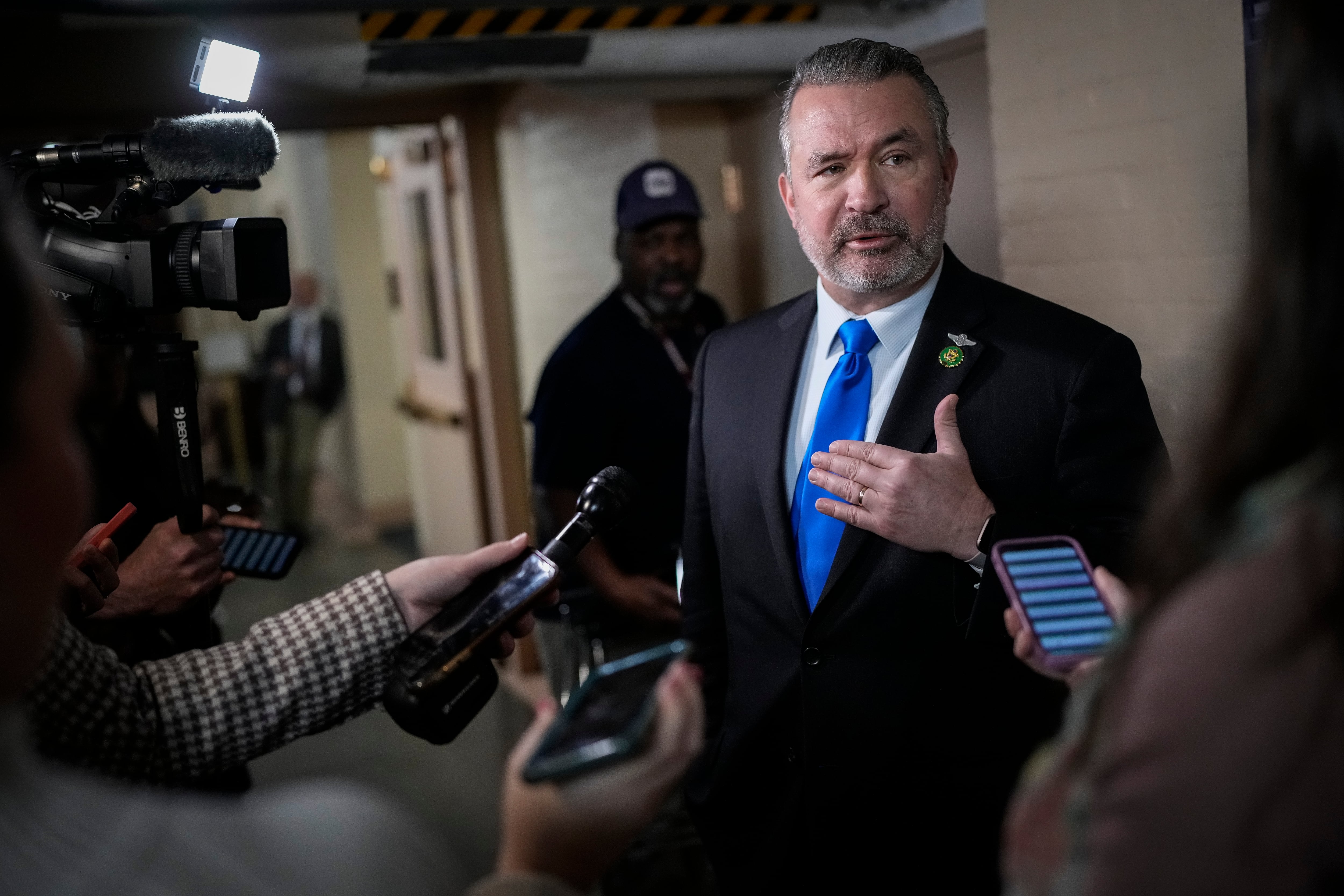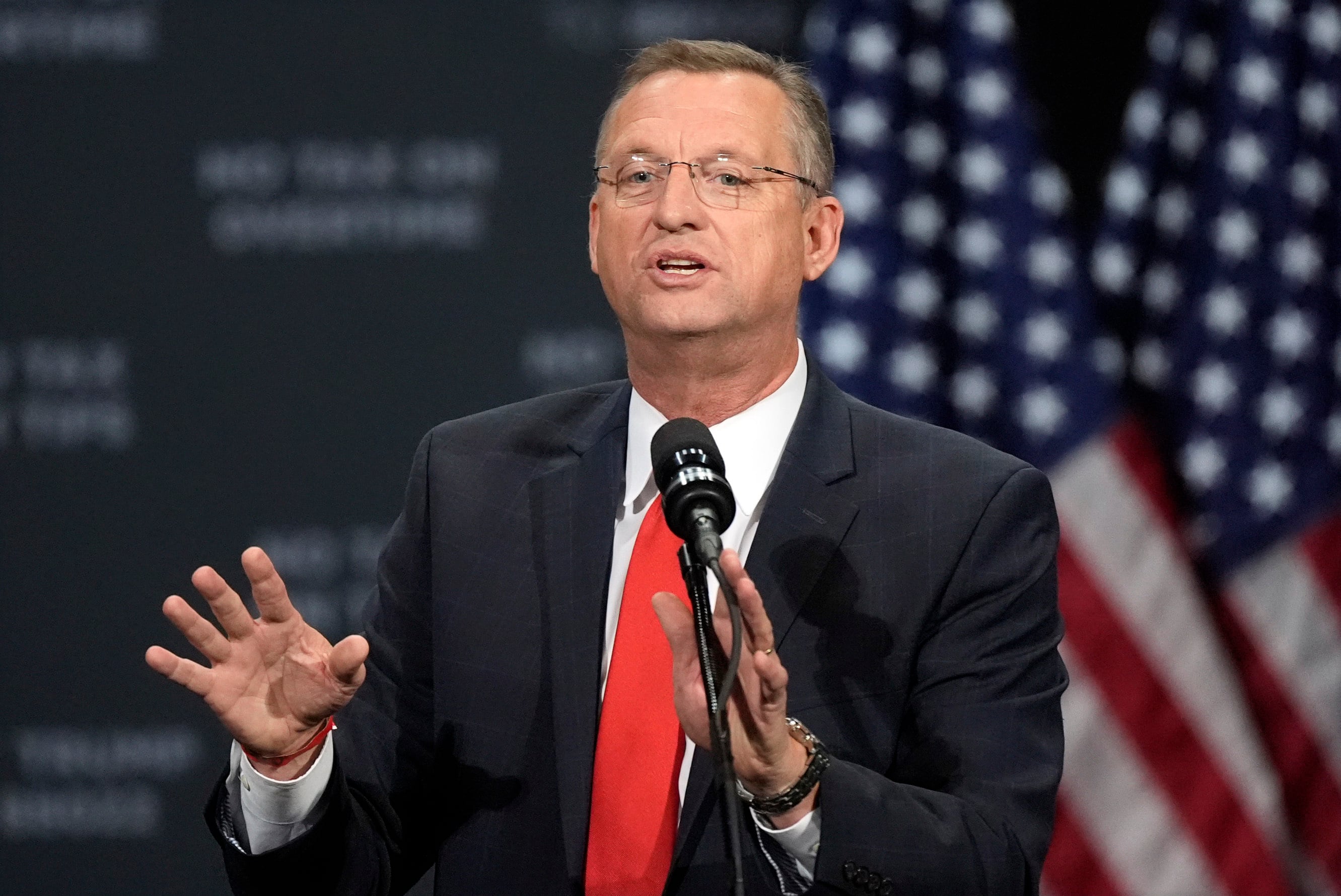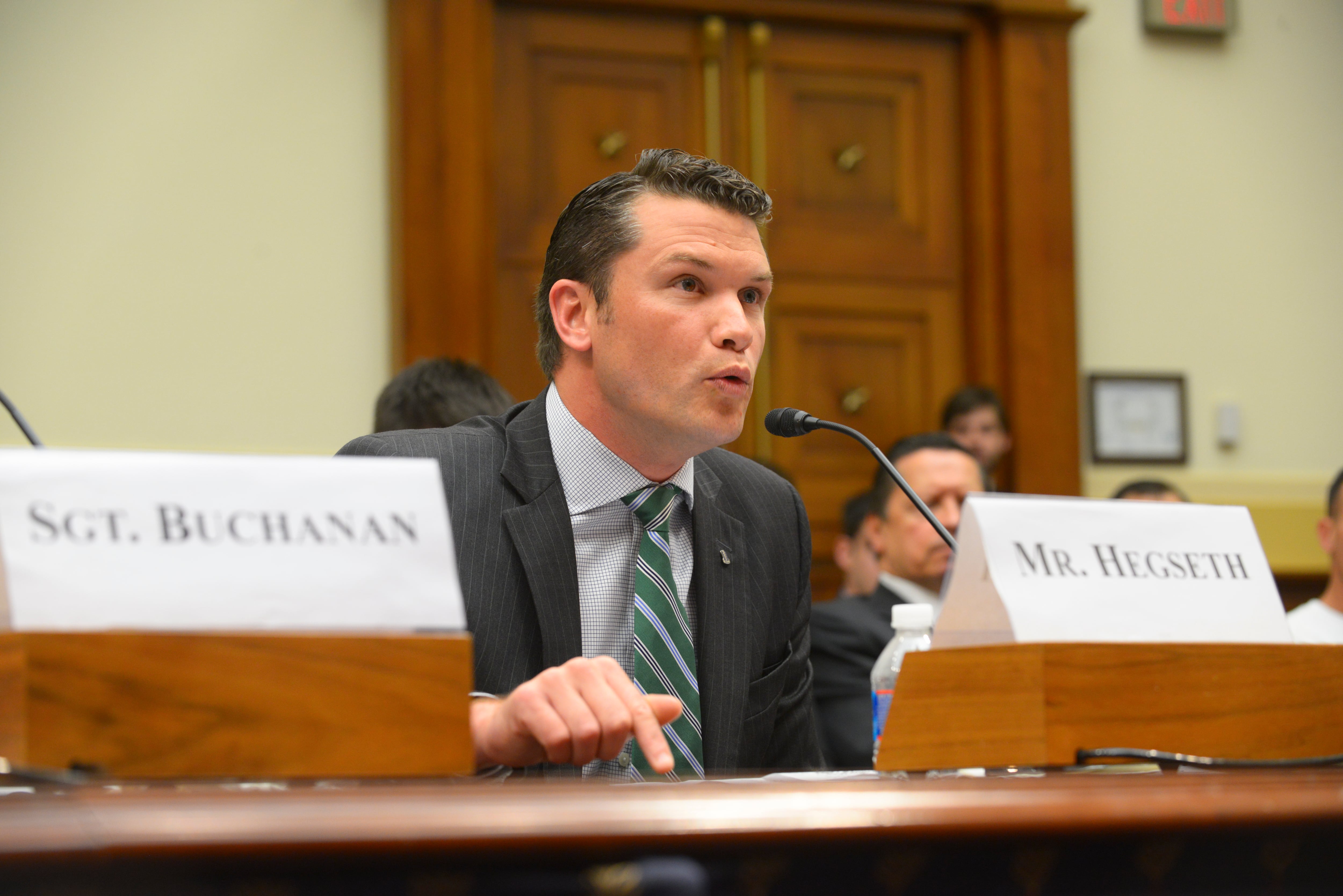A California congressman is reintroducing plans to guarantee that all service members are paid at least minimum wage for their work, insisting the move is needed to help junior troops avoid financial troubles. The plan went nowhere last session under a Democratically controlled House, but might have more luck with the GOP in charge.
The proposal from Republican Rep. Mike Garcia would set the minimum pay for any member of the military at $31,200 a year, the equivalent of $15 an hour for a 40-hour work week. The Pentagon objected to Garcia’s similar proposals in the past, citing the expense of paying for higher salaries and noting that the plan does not factor in additional compensation that troops already receive.
Lawmakers have put more focus on junior enlisted pay issues this session, as the Pentagon has struggled to balance troops’ compensation with other priorities like equipment modernization and training hours.
RELATED

Under current military pay scales, the most junior troops make about $21,000 in salary. Individuals with ranks E-4 and above and those who have served for at least three years can earn more than $31,200 in basic pay. About 63,000 current service members make less than that mark, according to Defense Department records.
All troops received a 4.6% pay raise in January as part of the annual defense budget process. The White House has asked for an additional 5.2% pay raise next January as part of its fiscal 2024 budget request. Even with that boost, the lowest junior enlisted pay would only rise to around $22,000 annually.
But those pay totals don’t factor in other military stipends such as housing allowances, specialty pays, enlistment bonuses and food assistance. Depending on where troops are stationed, the housing and food payouts combined can effectively double younger troops’ total military compensation.
RELATED

Garcia noted that despite those benefits, about 23,000 military families are qualify for food stamps, according to federal estimates. He said that kind of financial insecurity is unacceptable for individuals who have volunteered to serve the country.
“To build the military of the future that will deter aggression from China and other adversaries, we must be able to recruit and retain qualified Americans to serve in our military,” Garcia said in a statement. “The simple reality is that we can’t do that if your local fast food chain is paying more than the armed services.”
Leo covers Congress, Veterans Affairs and the White House for Military Times. He has covered Washington, D.C. since 2004, focusing on military personnel and veterans policies. His work has earned numerous honors, including a 2009 Polk award, a 2010 National Headliner Award, the IAVA Leadership in Journalism award and the VFW News Media award.





